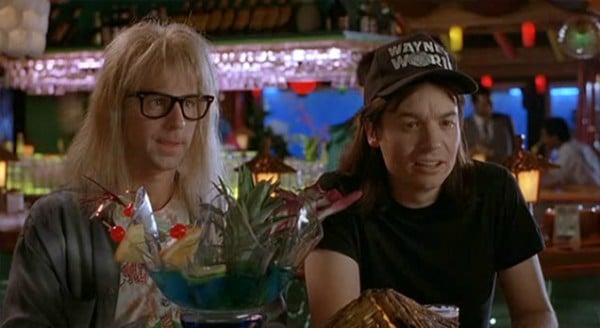
Picture this. It’s a Saturday night, and I’m at a dinner party with my friends, as you do when you’re over 30 and past the clubbing age.
My friend has cooked a lamb roast, and we’re all sharing a bottle of red wine. We’re all getting on famously. I’m sitting there, minding my own business, when one of my friends stares at me intently.
“Carla, why’s your face all red?” she asks, loudly.
RELATED: Want to be the next big beauty vlogger? Here’s your chance.
Everyone stops talking and looks at me. I check my reflection in my iPhone, and sure enough, my face is a bright, tomato-red and somehow puffy, too. My eyes are glazed and bloodshot.
My face feels really hot, as though I’ve been running a marathon, rather than eating a home-cooked dinner in the suburbs. I touch my cheek, and it’s burning. My heart is pounding, my eyes hurt and I’m breathing rapidly. I feel sick, and so embarrassed. I’ve only had three sips of my wine. What’s wrong with me?
The above scenario has happened to me so many times that I’ve just stopped drinking. Drinking alcohol makes me feel so uncomfortable, both physically and socially, that I don’t want to do it any more. My habit of having a rare drink – perhaps once or twice a month – had trickled down to nothing.
Which is a shame, because I think it is very sophisticated and lovely to have a glass of wine with your dinner, rather than, say, a chocolate milkshake.

Top Comments
Yep, I can't drink any alcohol any more, not even gargle with mouthwash that has it in! My face swells up and goes ruby red. Totally unpleasant!
I work in Vietnam, where none of my Asian girlfriends drink. I now use the line, "I BREAK OUT." when male colleagues offer me alcohol. And it is true: I BREAK OUT in fat! Love how slim my Vietnamese friends are.